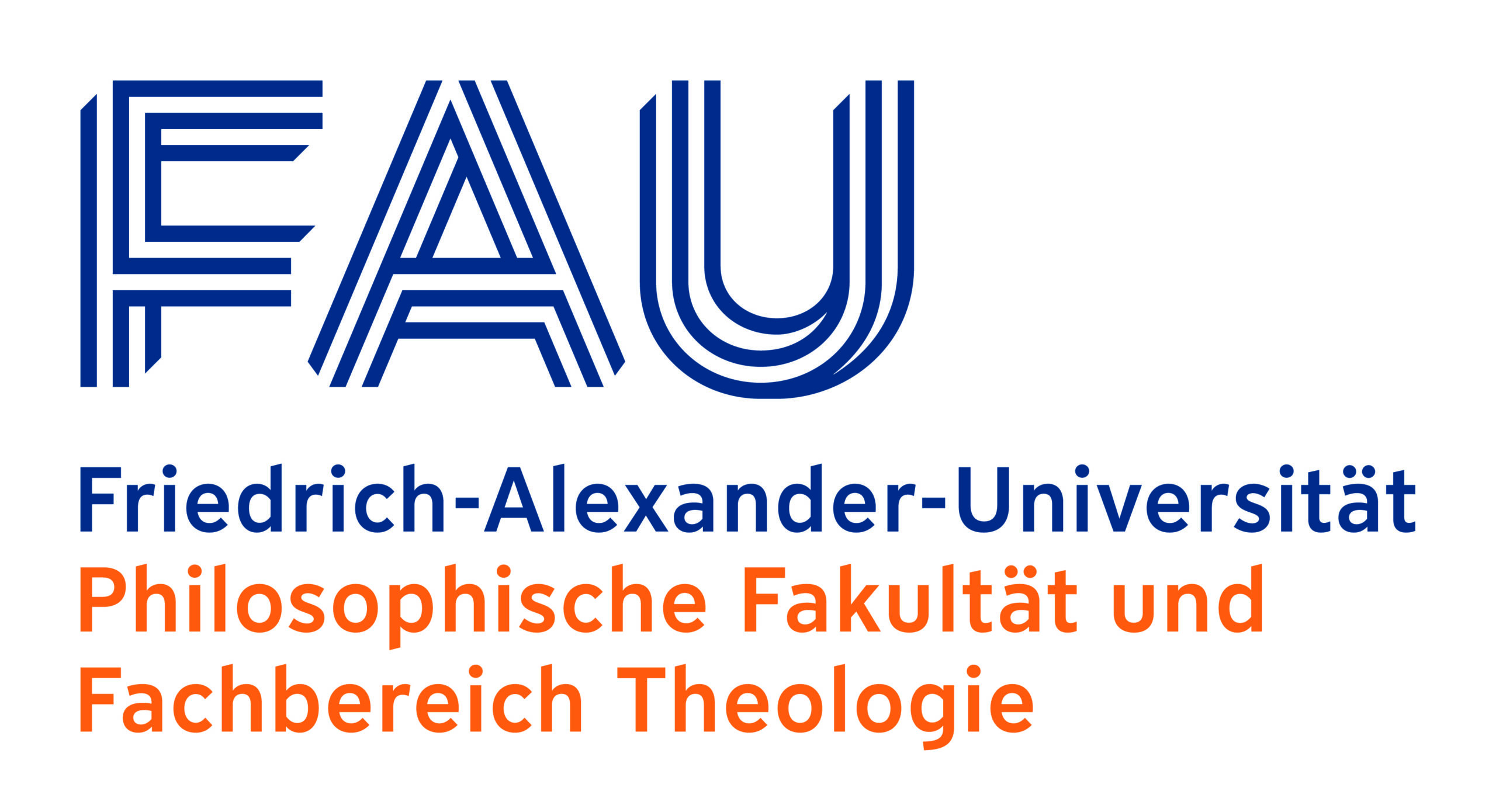Concept, objectives and target groups
Nuremberg Forum 2024: “Education for Sustainable Development – Spiritual Dimensions”
Concept
It is a widely shared insight that sustainability implies spiritual dimensions. This is so, because issues of sustainability touch on the fundamental questions of who we are as human beings, how our relationship with nature can be understood, how we want to live, what makes life worth living and how a life worth living can be achieved for all humans on our planet. To put it in another way, the global ecological crises that we are facing today are so dramatic that they require in-depth transformations of individual and collective mind-sets in order to bring about those profound changes that are urgently needed to prevent severest catastrophes. Not least, they require a sense of hope, confidence and solidarity that can support the motivation and endurance in addressing the huge challenges. In this situation, it makes sense to use all cultural sources available that could facilitate such transformations and such motivation – which brings the spiritual (including indigenous) and religious traditions as particularly promising sources into view.
Interestingly, spiritual dimensions of sustainability have been discussed, analyzed and researched by diverse scholars, activists, politicians, business managers as well as cultural and religious leaders from a variety of different disciplinary, cultural or worldview backgrounds. In this wide-ranging discourse, education has repeatedly emerged as a major aspect and important approach, especially concerning the question of how the widely deplored mind-behavior gap can be overcome. Moreover, “Quality Education” is No. 4 of the UN’s 17 Sustainable Development Goals (SDGs) that are intended to be closely interrelated with each other. At the same time, it seems that up to now in the extensive treatment of Education for Sustainable Development (ESD) in educational science and public discourse the spiritual dimension has not yet received the attention it deserves, especially when it comes to public education at schools or institutions of higher education.
Objectives
The major aim of the Nuremberg Forum 2024 therefore is to explore possible intersections between spirituality, sustainability and education.
The subject focus of the conference is on ESD with emphasis on ecological, environmental issues and its intersection with spiritual, religious or world-view perspectives. For this conference, ESD stands for Education for Sustainable Development, but also includes similar educational approaches such as Climate Change Education, Ecological Education, Environmental Education, Human Rights Education and Global Learning. The focus area of action of the conference is on public education at schools and institutions of higher education.
The conference wants to promote the integration of spiritual dimensions into ESD as well as the integration of sustainability perspectives into diverse forms of religious education or instruction. In order to achieve this aim, theoretical perspectives and academic research shall be brought into conversation with concepts and experiences from good educational practice.
Target groups
Scholars, researchers, teachers, teacher trainers religious leaders, politicians, stakeholders and members of NGOs, civil society as well as state organizations that are – directly or indirectly – involved in ESD.
